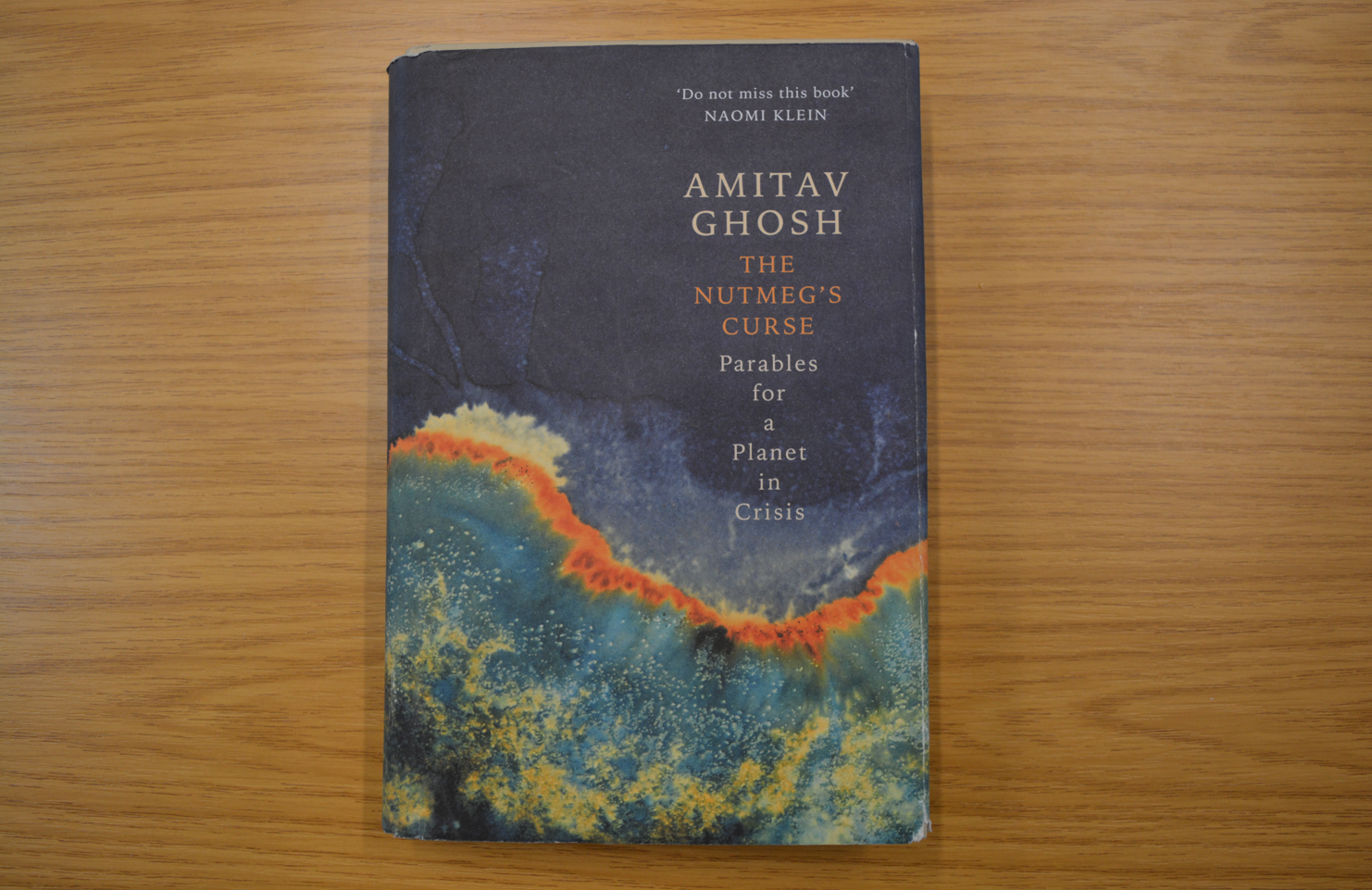Have you ever wondered how European colonialism developed? Have you ever thought about how a comparatively small number of settlers were able to dominate other countries or why there are such great inequalities in the world today? Also, what are the forces that have brought us to the brink of ecological collapse, threatening our entire civilization and ability to live and prosper on our remarkable planet?
In this brilliant and wide-ranging book, Amitav Gosh explores the way that capitalism and genocide have led to our current predicament. Starting with the spice trade (nutmeg’s curse) he chronicles the way Europeans appropriated land and resources from the sixteenth century onwards. He focuses especially on North America where the land was refashioned, indigenous populations were decimated, and wildlife disrupted with great rapidity on an extraordinary scale. As he delves deeper into this process (known as terraforming) he explains how colonists erased the prior meaning of conquered landscapes, turning them into a resource to be harnessed. It is a process which is being repeated in the Amazonian rainforest today. The link between trade, violence and war is all too apparent throughout.
This book has a dark and unsettling message, but ultimately Gosh ends up inspiring rather than depressing the reader. Among other things, he offers a set of ‘parables for a planet in crisis’ which draw on mythology and indigenous knowledge. Also, he focuses on the importance of stories and common idioms. And in the final chapters he reminds us that a truly ecological approach to the world involves, as Pope Francis puts it, listening both to the cry of the Earth and the cry of the poor. We may be living at a time of upheaval, but these are exciting times when new forms of thought are being developed. Understanding the past and recognising that extractive capitalism is on its last legs is an essential part of moving forward securely into the future.
By Stephen Scoffham, Visiting Reader in Sustainability
 Sustainability
Sustainability Bethany Climpson
Bethany Climpson 476
476


